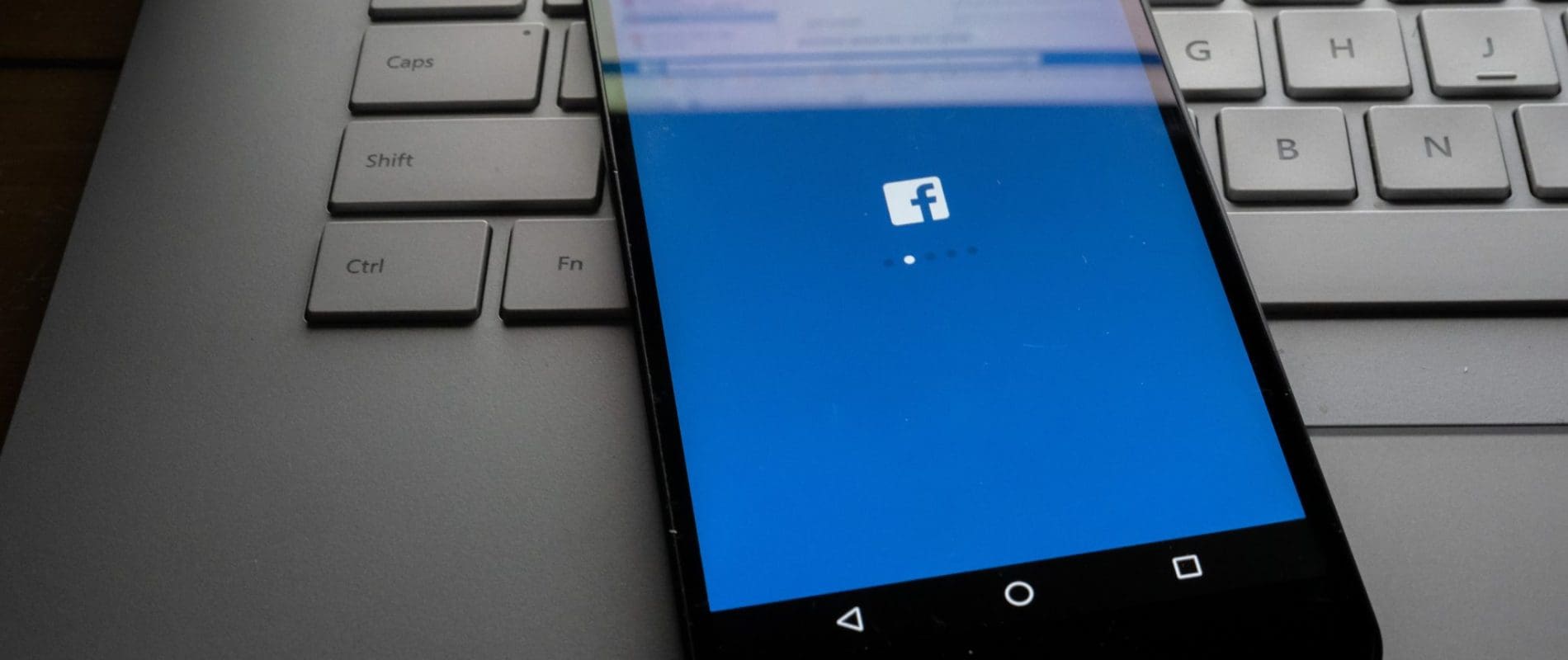
Facebook is on a world-wide mission
It’s difficult to believe that, in real terms, most of the world’s population doesn’t have an internet connection. Of course, this is true because the developing world has very little access. India for example, may be contemplating moon missions, but only 13% of people have access to the web.
Perhaps that’s going to change.
It’s no secret since going public Facebook has been under pressure to bring home the bacon. It’s believed that since it reached 1 billion users in 2012, the social network began contemplating how to get more users engaged in other parts of the world.
The numbers are staggering. A Deliotte report suggests closing the “connectivity gap” could generate more than £1 trillion and 140 million new jobs. It also suggests productivity could increase 25%.
At Zuckerberg’s first appearance at Mobile World Congress this week, he outlined plans to bring internet access and Facebook to the developing world. Facebook is a member of internet.org, a collaborative project launched in 2013, which hopes to put 1 billion more people online. This is perhaps one of those rare occasions when commercial and charitable motives coincide. Zuckerberg says he wants to make it easier for the world to share information: This will allow Facebook to sell ads.
Of course it’s one thing to wish people had access and another to make it happen.
Zuckerberg said “dramatic changes” were needed in the industry to expand access. To this end Facebook isn’t going it alone. It has teamed up with other enlightened firms Ericsson, MediaTek, Nokia, Opera, Qualcomm and Samsung, among others. The aim is to lower the cost of mobile data worldwide.
Of course Facebook isn’t the first company to explore emerging markets. In diverse sectors these are seen as risky but remunerative. But in the case of Facebook and internet.org it could spearhead development in a way not seen before in our era. Of course this is enlightened self -interest on Facebook’s part since expansion in the developing world could significantly increase revenue. It’s not going to be easy. Barriers include costs and in some cases established native social networks. Then there are wars, famine and corruption.
Big ideas often have small beginnings. A pilot project also announced this week will bring free online education to students in Rwanda. This is very much a meeting of wills with SocialEDU providing a free app that connects to Facebook; Airtel will provide free data to students using the app and Nokia will supply discounted handsets. Crucially, the Rwandan Government will also contribute funds.
Meanwhile barriers to expanding internet usage in India are also going to be examined. Facebook is leading a partnership with Unilever to conduct research into the lack of access and the lack of connectivity in rural areas. As you might expect the research isn’t just going to look at educational and cultural issues. It also promises to look at infrastructure and cost issues.
Zuckerberg looks to be placing his faith in a future where internet access is mobile-led, certainly in the developing world. Mobile users already spend more time using mobile apps than any other feature including mobile search. The acquisition of WhatsApp is looking more strategic now and who would bet against Facebook getting 5 billion more users? That said, Facebook’s current predicament is how to maximise earnings from current users.